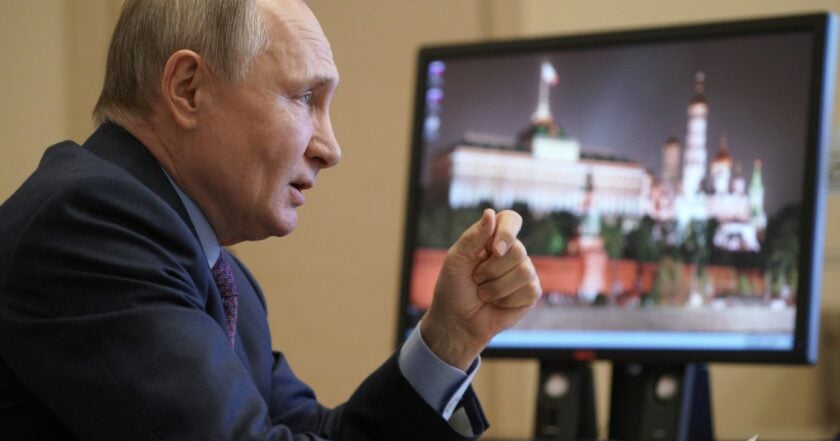Russian citizens to see changes in labor laws as war may bring back labor duty – British intelligence

Photo: Reuters
The British Ministry of Defense has reported that changes to labor laws are in the works for Russian residents, potentially requiring them to relocate to regions with labor shortages.
The British Ministry of Defense reported that on Twitter.
As mentioned in the summary, Russia is currently facing a labor shortage, which is becoming a significant issue in specific sectors. According to estimates from the Russian publication Izvestia, by 2023, Russia had a deficit of 4.8 million workers.
For instance, in 2023, the Russian transportation and logistics sector could not hire for a quarter of its truck driver positions.
Latest Defence Intelligence update on the situation in Ukraine – 20 May 2024.
Find out more about Defence Intelligence's use of language: https://t.co/oRBdFqrDXx #StandWithUkraine 🇺🇦 pic.twitter.com/Hi8DHsp60O
— Ministry of Defence 🇬🇧 (@DefenceHQ) May 20, 2024
British intelligence has reported that the labor shortage was partly due to Russia's war against Ukraine, resulting in the mobilization of some workers and the departure of skilled professionals trying to avoid conscription. This issue has been further aggravated by limitations on migrant employment after the March 22, 2024, terrorist attack in Moscow carried out by ISIS-K.
Due to the labor shortage, a group of Russian parliamentarians is considering possible amendments to the Russian Labor Code. If passed, the report said, surplus labor could be moved under state supervision to a workplace with a labor shortage.
"Relocations will be temporary, and workers will only be transferred with their consent. However, although this is not compulsory, it is a potential step towards mobilizing the workforce," the British Ministry of Defense said.
For reference:
In 1861, serfdom was abolished in Russia, coinciding with the end of slavery in the southern states of the United States. However, following the Bolshevik coup in 1917, serfdom for peasants in villages and compulsory labor for city workers were reinstated.
The restrictions were partially lifted in the 1950s but remained in place until the fall of the USSR in 1991.
Earlier, British intelligence reported that Russia's invasion of Ukraine had a negative impact on the prospects of the Russian economy.
"The continuation of the invasion of the Russian Federation into Ukraine is highly likely to have a negative impact on the prospects of the Russian economy," British analysts noted.
Experts are convinced that the Russian economy is at risk of overheating as the Russian Federation increases defense spending at the expense of other areas.
Inflation in the Russian Federation was reported to have increased to 6% in September from 5.3% in August 2023, driven by rising consumer prices, including food and fuel. Higher inflation will almost certainly increase the cost of financing Russia's war against Ukraine.
Earlier, British intelligence observed that the Kremlin is definitely exerting pressure on the Russian Federation's budget. They have concealed a significant portion of their military expenses.
Furthermore, British intelligence believed that Russia was moving toward the Soviet Union, with people being compelled to work without pay to support the war effort.
























































